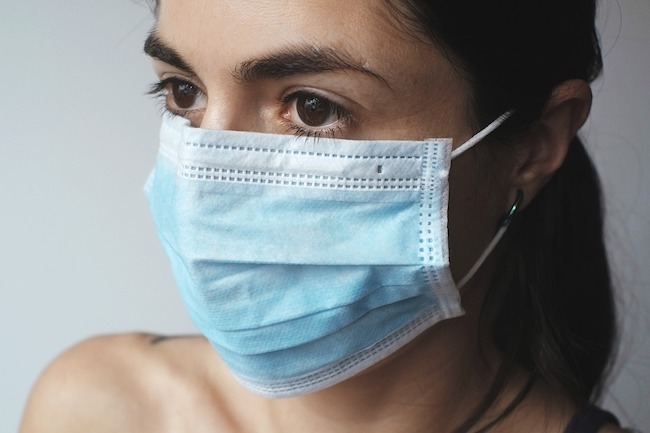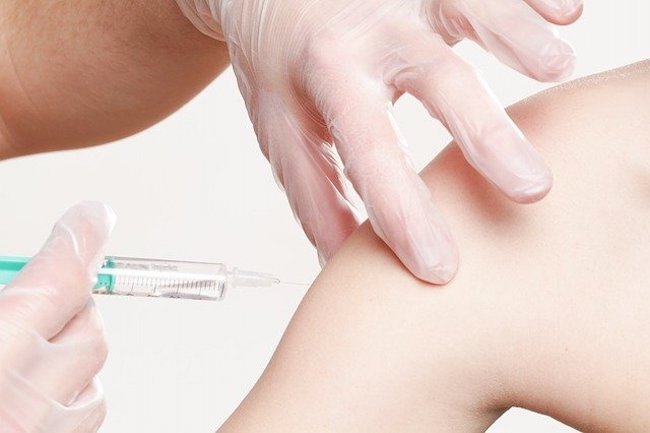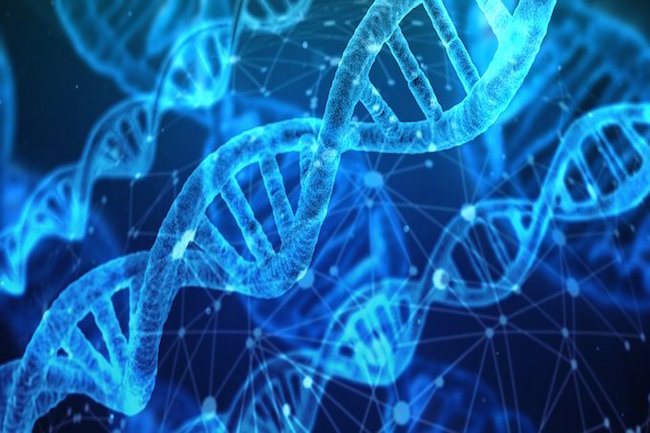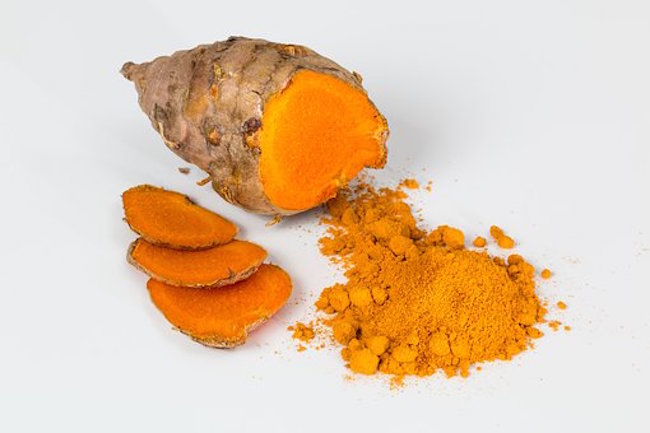The Magical Thinking and Dangers of Masks by Dr. Joseph Mercola
- The U.S. Centers for Disease Control and Prevention lied about masks’ effectiveness when CDC director Dr. Rochelle Walensky tweeted, “Masks can help reduce your chance of #COVID19 infection by more than 80%”
- Walensky didn’t give a reference for her claim, but a large study from researchers at Yale, Stanford and the University of California Berkeley found much less impressive results from masks
- Wearing a face mask carries inherent risks, including the growth of antibiotic-resistant bacteria, oxygen deprivation, psychological effects and more
- Experts argue that while doing little to protect your health, and instead harming it, face mask mandates “fashion the citizenry as slaves” and act as symbols of enslavement
- Despite a wealth of science showing masks don’t work, magical thinking — the belief that you can influence outcomes by doing something that has no causal connection to them — in their favor persists
Are you prepared to wear masks forever? Some are, but their positive attitude toward masks is a likely result of deceptive and misleading information. The resulting magical thinking relating to masks has created one of the most polarized debates in U.S. history and led to anti-maskers being labeled as “grandma killers.”1
To be clear, the U.S. Centers for Disease Control and Prevention (CDC) has blatantly lied about masks’ effectiveness. November 5, 2021, CDC director Dr. Rochelle Walensky tweeted, “Masks can help reduce your chance of #COVID19 infection by more than 80%.”2
But as Dr. Vinay Rasad, MPH, a hematologist-oncologist and associate professor in the department of epidemiology and biostatistics at the University of California San Francisco, put it in the Brownstone Institute, “I don’t know how to put this politely, but it is a lie, and a truly unbelievable one at that … The idea that masks could reduce the chance of infection by 80% is simply untrue, implausible and cannot be supported by any reliable data.”3
Support Our Site

Now is your chance to support Gospel News Network.
We love helping others and believe that’s one of the reasons we are chosen as Ambassadors of the Kingdom, to serve God’s children. We look to the Greatest Commandment as our Powering force.
Masks Have Meager Effectiveness, if Any
Walensky didn’t give a reference for her claim that masks reduce COVID-19 infection by 80%, but a large study4 from researchers at Yale, Stanford and the University of California Berkeley found much less impressive results from masks.
The trial involved 342,183 people from 600 villages in rural Bangladesh from November 2020 to April 2021. In villages that received masks, the number of symptomatic COVID-19 infections were 9.3% lower compared to villages without masks, or 11% lower in villages that received surgical masks instead of cloth masks.5
Why, then, hasn’t Walensky’s tweet been flagged for misinformation and targeted by “fact checkers” calling out the blatant lie? Rasad featured a tweet6 by Carnegie Mellon University mathematician Wesley Pegden, who said:7
“The head of the agency responsible for providing Americans with accurate and trustworthy information about interventions (like vaccines) that we actually know are really effective should not also be making fabricated quantitative statements in support of poorly evidenced ones.”
Antibiotic-Resistant Pathogens Live on Face Masks
While face masks continue to be recommended or mandated, little has been said about the risks inherent to covering your mouth and nose with fabric or other materials. Both cotton and surgical masks collect pathogens that may increase your risk of infectious illness — a factor that’s rarely taken into account when discussing their merits.
When researchers from the University of Antwerp, Belgium, analyzed the microbial community on surgical and cotton face masks from 13 healthy volunteers after being worn for four hours, bacteria including Bacillus, Staphylococcus and Acinetobacter were found — 43% of which were antibiotic-resistant.8
In order to best clean masks to remove the bacteria, the study found boiling at 100 degrees Celsius (212 degrees F), washing at 60 degrees Celsius (140 degrees F) with detergent or ironing with a steam iron worked best, but only 21% of survey respondents said they cleaned their cotton face masks daily.9 According to the researchers:
“Taken together, this study suggests that a considerable number of bacteria, including pathobionts and antibiotic resistant bacteria, accumulate on surgical and even more on cotton face masks after use. Based on our results, face masks should be properly disposed of or sterilized after intensive use. Clear guidelines for the general population are crucial to reduce the bacteria-related biosafety risk of face masks …”
Researchers from Germany similarly questioned whether a mask that covers your nose and mouth is “free from undesirable side effects” and potential hazards in everyday use.10 It turned out they were not and instead posed significant adverse effects and pathophysiological changes, including the following, which often occur in combination:11
| Increase in dead space volume | Increase in breathing resistance | Increase in blood carbon dioxide |
| Decrease in blood oxygen saturation | Increase in heart rate | Decrease in cardiopulmonary capacity |
| Feeling of exhaustion | Increase in respiratory rate | Difficulty breathing and shortness of breath |
| Headache | Dizziness | Feeling of dampness and heat |
| Drowsiness | Decrease in empathy perception | Impaired skin barrier function with acne, itching and skin lesions |
Mask-Induced Exhaustion Syndrome Is Prevalent
The study referred to this cluster of symptoms as mask-induced exhaustion syndrome (MIES) and warned that children, pregnant women and those who are sick or suffering from certain chronic conditions may be particularly at risk from extended masking. While short-term effects include microbiological contamination, headaches, exhaustion, carbon dioxide retention and skin irritation, the long-term effects may lead to chronic issues:12




